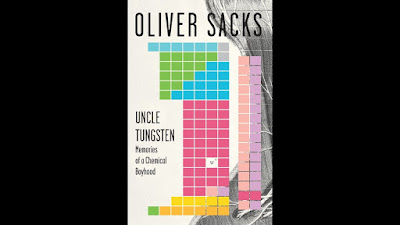“It is the supreme art of the teacher to awaken the joy in creative expression and knowledge.”- Albert Einstein
A teacher plays a salient role in a student's growing years and even after that. What a kid learns and the kind of warmth he gets from his/her teachers stays forever. We can’t say it enough, teachers are like superheroes. Menachem Moscovitz believes a good teacher can shape the future of a child into a bright one.
A superhero teacher is not someone who wears a cap. They live among us…work among us and never complain. Menachem Moscovitz brings you some qualities/signs that make you a superhero teacher, check them out to know if you made the list:
1. You Inspire Others to be a Teacher
People look for inspiration to do more; they look for exceptional cases among strangers or people around them. A great teacher would be able to inspire others to follow this kind of profession by showing the real picture of its benefits. Lots of students end up being a teacher because of their favorite teachers who motivated them in one way or another.
2. A Good Teacher is Involved and Available
Menachem Moscovitz believes that being involved in your students takes a lot out of your daily routine. And if a teacher is willing to make the time of their busy schedule for a student or parent he/ she is dedicated and involved.
Things you can do to become more involved;
- After school programs,
- Home tutoring,
- Coach Sports team.
A fine balance between teaching and listening is a quality that teachers should have. A great teacher listens to his or her student inquiries, questions, and doubts patiently. Listening also gives an appropriate answer and makes sure the kid gets his/her doubt cleared. This activity helps students to form their own opinion and way of thinking.
4. Students Love Being Around You
When groups of students approach you from time to time to ask questions or put up a silly request, it means they adore you and are comfortable around your presence. Even after the break if they hang around you then it is a sure sign they get inspiration from you and want to learn under your observance.
5. Listen to Students
Everybody loves to talk and wants to be heard but only a good teacher listens to his/her students, says Menachem Moscovitz. Listening is tough; you must have enough patience and ability to read between the lines.
A teacher can command a classroom full of students easily yet impact can be made by those who have a knack for listening. The teacher who has the caliber to listen to his students’ fears and hopes can evolve from an ordinary teacher to a great one.
Conclusion: Menachem Moscovitz always finds ways through which he can improve and make the world a better place. He believes in the power of teaching and hopes to make a difference in thousands of student’s lives.







